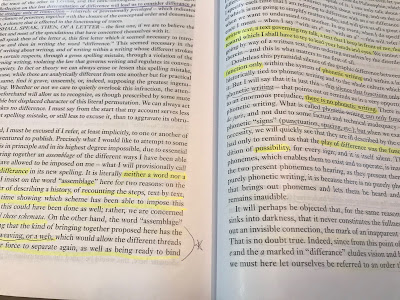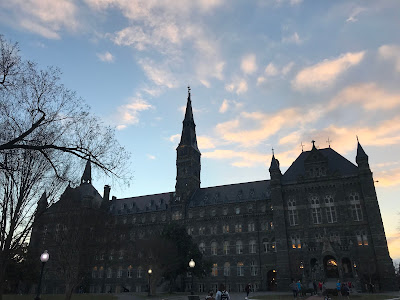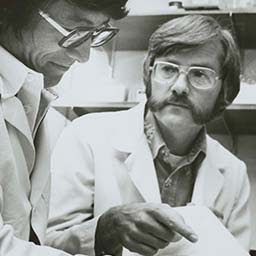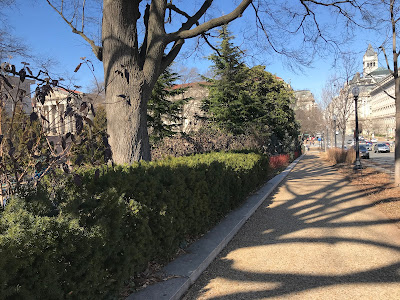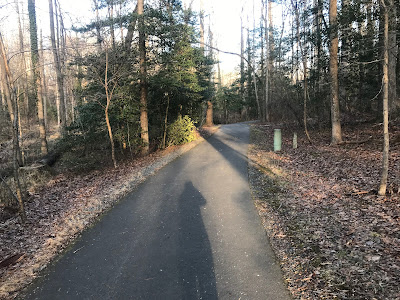Cold Comfort
In class we take turns leading discussion on the various works we’re reading. Next week, in our penultimate class, I will lead again. Only this time, the works I’ve been assigned — by Jacques Derrida and Gilles Deleuze — are theoretical to the point of unintelligibility.
I spent some time yesterday poring over the 1600-page literary theory anthology, dutifully underling and checking what seemed to be the relevant passages. But I have no idea if they’re truly relevant.
It’s embarrassing! I mean, this is not the theory of relativity. This is something that, at least on the surface, I should be able to understand.
But one thing I’ve been reminded of often these last few months is how little I know. And, when I’m not on the hook as I am this week, I take comfort in that.
